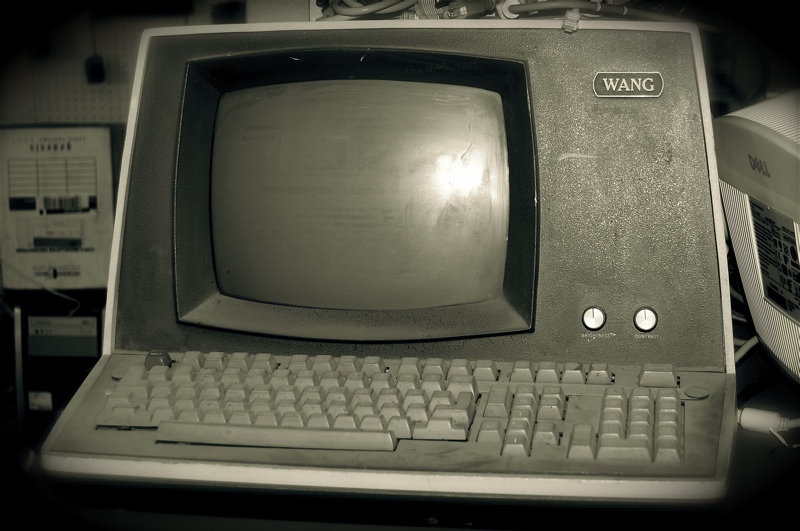
Consider Wang Laboratories. A 3 billion dollar a year operation in the 1980’s, Wang built its empire on the idea that every office in the world would ultimately use a word processor – a freestanding word processor.
Wang was right on the first count and wrong on the second. Ahead of its time in reference to mainframes, the miniframes on which the Wang empire rested gave way to the personal computer with software that made them a cautionary tale. Nobody wanted a machine that just did word processing.
Consider Fitbit and its apparent trajectory.
While Fitbit is well-suited for 2011, it isn’t positioned for where digital health is headed. Biometrics will evolve and humans won’t wear one appliance for one job. Wrist real-estate will become precious as we find that there’s more to us than steps. And operations like Samsung and Apple will deliver a more comprehensive tool for the job. In the end, Fitbit won’t scale to meet the health care endpoints of a discriminating self-quantifying consumer. The Fitbit will ultimately enjoy a legacy as the Wang Laboratories of digital health. A hula-hoop of our earliest days measuring and mapping.
For now, Fitbit can rest on the surge of interest from those who believe counting steps is the next great thing.
Image via Taryn Domingos/Flickr